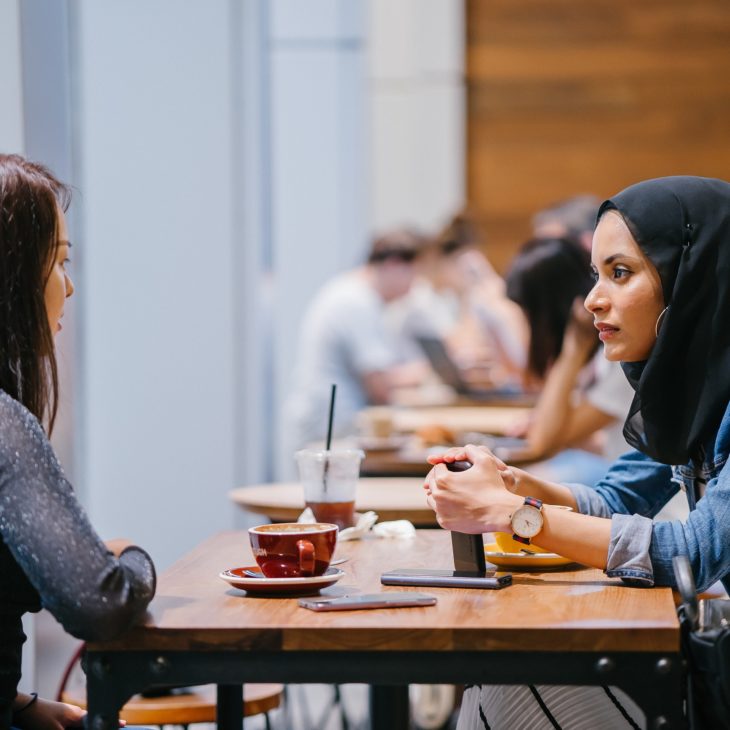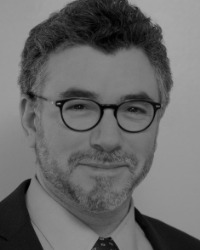How Do We Ensure Religion is a Blessing, not a Curse? Find the Toolkits.
May 23, 2022

What is the role of inter-religious dialogue today? In a time of crisis, war, and polarization, how can it contribute to our human survival and thriving?
Religious traditions have served as vehicles for ethical ideas and practices to humanize the world. To take just a handful of examples: They have given us experiences of transcendence and exaltation. They have offered the world the notion that every human being is created in the image of God and is inherently worthy of dignity. They have taught the practice of a 7-day workweek and time for rest and freedom – being, not just doing. They have given us powerful tools for mindfulness and peacemaking. They have given us meaningful and inspiring religious tales and texts. They have catalyzed millions with powerful ideas of justice and compassion, ideas that sparked social change movements that have made the world better.
Religious traditions have also been conduits of harm. They have led to war and conflict, they have offered justifications for slavery and oppression, and they have led to the dehumanization of others. We must be honest about this.
Religions are responsible for so much; how do we ensure that religion is a blessing and not a curse for all human beings?
This question has preoccupied me for many years. I believe there are several elements to consider in our quest to accomplish this task, including crafting a method of interpreting sacred texts, one that takes into account not only fidelity to the text, but also the potential impact of our interpretations of those texts on vulnerable people and populations. I believe that developing such an ethical hermeneutics must be a priority for religious communities and leadership today. It requires us to see religions not simply as a collection of ideas, stories, and dogmas, but as a set of methods, a toolkit we can use to interpret and shape the world.
This is hard work, but it has precedent. In the Jewish tradition, a central project of the rabbis of the Mishna and Talmud, the oral tradition, was to bridge the gap between seemingly ethically problematic biblical texts and the lived, human reality of the community. They developed a complex system of interpretation called Midrash (literally “seeking”), with a carefully defined and shared set of tools for interpreting text in light of new, unfolding realities. Midrash is what allowed Judaism to evolve over time, in a kind of perpetual reformation, without losing its identity and continuity with the past. Other religious traditions – and the various streams within them – developed their own interpretive methods, very different in detail but with a shared concern for creating a good society informed by sacred texts and values.
Would it not be a blessing to all of us to share our methods and their results? A shared library of interpretive methods, and examples of their uses, would help all of us to consider new ways to address the dangers and shadows within our traditions. Sharing our best practices would expand our repertoire even beyond religious life, providing new tools we could use to interpret and make meaningful sense of current events and our own lives.
Inter-religious dialogue is more important now than ever before because it allows us to do the hard work of introspection and self-critique. Encountering others with different beliefs and practices helps us to see the shadows of our own religious traditions, the assumptions and biases we take for granted. These biases are invisible to us, they only show up against the contrasting backdrop of another person’s very different perspective. When we come together with honesty and openness to share our strengths and weaknesses, our pride and our struggle, we gain profound clarity about our own traditions and commitments.
To get the conversation started, here are two suggested questions to ask one another in interfaith encounters:
- If you had to choose, what is one tool, method, or practice from your tradition that you would contribute to the human species for our future survival and thriving?
- What is one area within your tradition that you feel needs healing or fixing?
These questions can lead to open, honest, humble conversations across faiths.
One more thing to keep in mind: Elie Wiesel taught us that there is an important difference between an answer and a response. An answer is an ending, an attempt to resolve questions. A response is a beginning, an embodied way of acting to make the world better because of the questions. As we share our questions across religious communities, let’s seek responses rather than answers. Let our goal be to continue the conversation, to build friendship and fellowship, and to learn. In this way, I believe our religious selves and traditions have a better chance of becoming the blessings they are meant to be.
Share
Related Articles
American Civic Life
Seven Religion Reporters Share Advice for Reporting in Interfaith America
American Civic Life
Faith Based Efforts Work in Vaccine Uptake: Now Let’s Make it Easy
American Civic Life
We Commemorate, We Commit: Out of Catastrophe, a Conversation on Connection and Repair

Ariel Burger is a public educator and the author of the Publisher’s Lunch Club book, Indie Buzz Book selection, and National Jewish Book Award winner, “Witness: Lessons from Elie Wiesel’s Classroom.” He is the founding director and senior scholar of The Witness Institute, whose mission is to create a more compassionate and just world through public educational programs and leadership development. A Hasidic-trained rabbi, Ariel received his PhD in Jewish Studies and Conflict Resolution under Elie Wiesel. As a Covenant Foundation grantee, Ariel develops cutting-edge arts and educational programming for adults, facilitates workshops for educators, consults to non-profits, and serves as scholar/artist-in-residence for institutions around the world. Ariel is an Interfaith America Sacred Journey Fellow.



